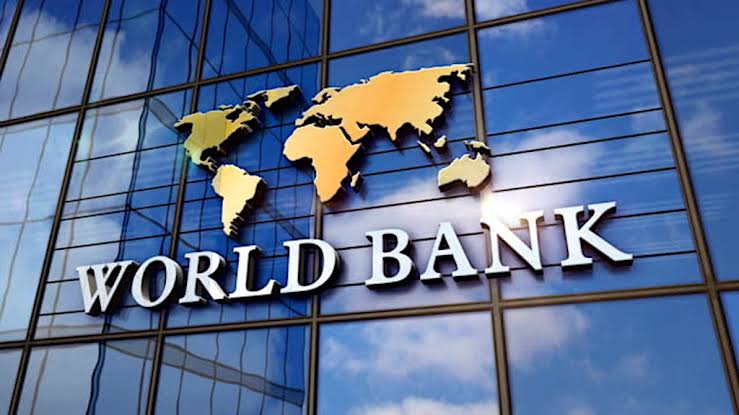A recent World Bank report has unveiled that, come April 2024, approximately 12 to 13 million Nigerians will require food assistance.
This revelation coincides with the ongoing challenges faced by Nigerians in the aftermath of President Bola Tinubu’s decision to abolish the fuel subsidy, coupled with the continuous depreciation of the country’s currency against the dollar.
The World Bank report outlines estimates for other African nations as well, indicating that Burkina Faso, Cameroon, Mali, and Mauritania will also face varying degrees of food assistance needs in April 2024. The situation in Nigeria is projected to mirror the levels observed in April 2023.
President Tinubu, in his inaugural speech at Eagle Square on Monday, May 29, emphasized the absence of funding for fuel subsidies in the 2023 budget, justifying the shift of financial resources toward infrastructure and other developmental initiatives to stimulate the economy.
The World Bank data aligns with the most recent report from the National Bureau of Statistics, which highlighted a significant decrease in food prices in October compared to the previous month. However, despite these statistics, Nigerians are grappling with the challenge of purchasing basic food items as prices for food and other commodities persistently rise.
In a conversation with PoliticsNow, finance expert Kelechukwu Ogu suggested that the escalating cost of living may be attributed to the constrained purchasing power of Nigerians following the removal of the fuel subsidy, which in turn has led to an upsurge in commodity prices. Ogu noted the increasing financial strain on individuals due to the widening gap between rising expenses and stagnant incomes.










More Stories
Court orders return of N2.475 bn to Keystone Bank, customer mistakenly linked to Emefiele
Alleged N76bn fraud: Ex-Union Bank ED narrates how he wrote-Off Arik’s $2.3m debt
Naira depreciates to N1,620/$ in parallel market